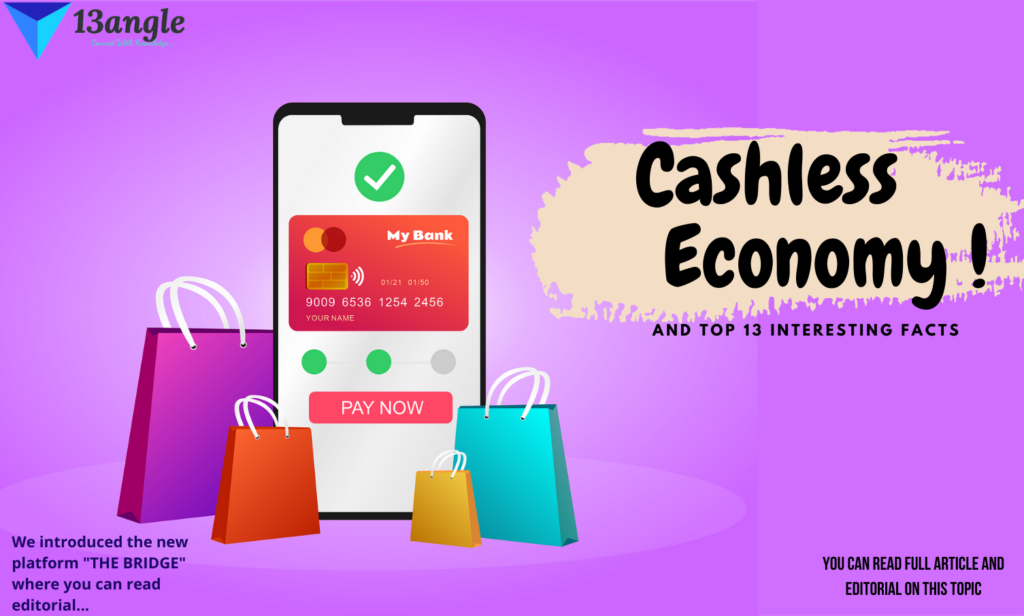Making the dream of digital India a truth is still a faraway reality. Most of the people in India are yet not digitally literate enough to understand the zest of the matter. Covid-19 further increased the enthusiasm regarding the idea of digital payments as exchange of physical cash could further increase the spread of the disease. According to the American chipset maker, no digital payment app in India is secure enough for use. The wallets and the mobile banking systems are not using hardware level security for maximum protection according to them. Digital payment is a type of payment where a consumer pays through a digital platform instead of liquid money. While making digital payments the consumer has to keep few things in mind.
A consumer should never share confidential informations to anyone over phone not even to bank personals also bank personals never ask for confidential informations over phone. One should never share their OTP with others and keep one’s mobile number updated in bank account in order to receive transaction related alerts. A debit card and its pin should not be kept together, it is also important to check the genuinity of the URL given by the merchant and also keep one’s anti-virus updated regularly.
Thus, there are different measures to be taken for a secure transaction digitally. Now, the question is; are the people of India digitally literate enough to carry on the process of a secure digital transaction? Mostly not, as not only in rural but in urban India as well there are many people who are not aware of the measures needed to make a safe digital transaction. Security of digital payments are very crucial, and people might get used to it if certain guidelines are followed. There are few rules and regulations that are to be followed before making a digital transaction acknowledging which will keep us secure from hacking and phishing. People generally miss out on reading the guidelines needed for making a secure transaction hence those little points should not be missed and taken care of. Mobile banking apps and wallets are constantly updating their security systems the reason why we should keep our applications updated every time a new update is available. Even if we follow these measures Qualcomm has reported that most of the banking apps and wallets run on android mode security thus the passwords can be stolen. Furthermore, ATM fraudulence is also a big problem, there are hackers everywhere which is a scary enough matter for a country that wants to go cashless. Norton Cyber Security Insights claim that Indians are more prone to falling into the traps of hacking and phishing. We simply lack the idea of when to click and when to avoid. Certain advertisements are not to be entertained by clicking but most of the people using smartphones or digital payments for the first time are not aware of this phenomenon.
Thus, we see that in order to become a cashless society, certain parameters of security are important to be followed first, with payments secured by higher level of encryption. Also, a cashless society needs more digitally literate people which at the time is lacking in India hence a cashless society is not possible for the time being.

For deep details, you can read the full article. Click the link below :





